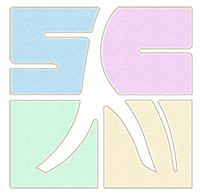
Abstract: Wu Lien-teh (Wu Liande, 1879-1960) was born in Penang, British Malaya and was English educated. After he obtained a Doctor of Medicine from the University of Cambridge, Wu returned to Malaya. He went to China for professional services in 1908 and stayed until 1937. He won fame in China when he successfully subdued the Great Manchurian Plague of 1910-1911 and gained international recognition when he organized and chaired an International Plague Conference in April 1911. His achievements in China included serving as the founding Director of the Northern Manchurian Plague Prevention Service and, later, the Director of the National Quarantine Service. He also helped build some 20 hospitals, laboratories and research institutions. He was therefore being honored as the “Pioneer of Modern Medicine in China”. He also made contributions to the societies in Southeast Asia before he went to and after he returned from China. He was noted as one of “The Three Outstanding Straits Chinese” in British Malaya. This paper examines the conflicting interpretations on Wu Lien-teh in different regions and periods of time, based on historical documents and collective memories.
Key words: Wu Lien-teh (Wu Liande), China, Southeast Asia, historical documents, interpretations, time and space
Wong Sin Kiong, Ph.D. in History, Indiana University. He is currently affiliated with Department of Chinese Studies, Faculty of Arts and Social Sciences, National University of Singapore. His research interests include society and politics in modern China, societies and personalities in Southeast Asia. He is the author of five books and editor of twelve books. He has published numerous journal articles in the US, UK, and Asia.